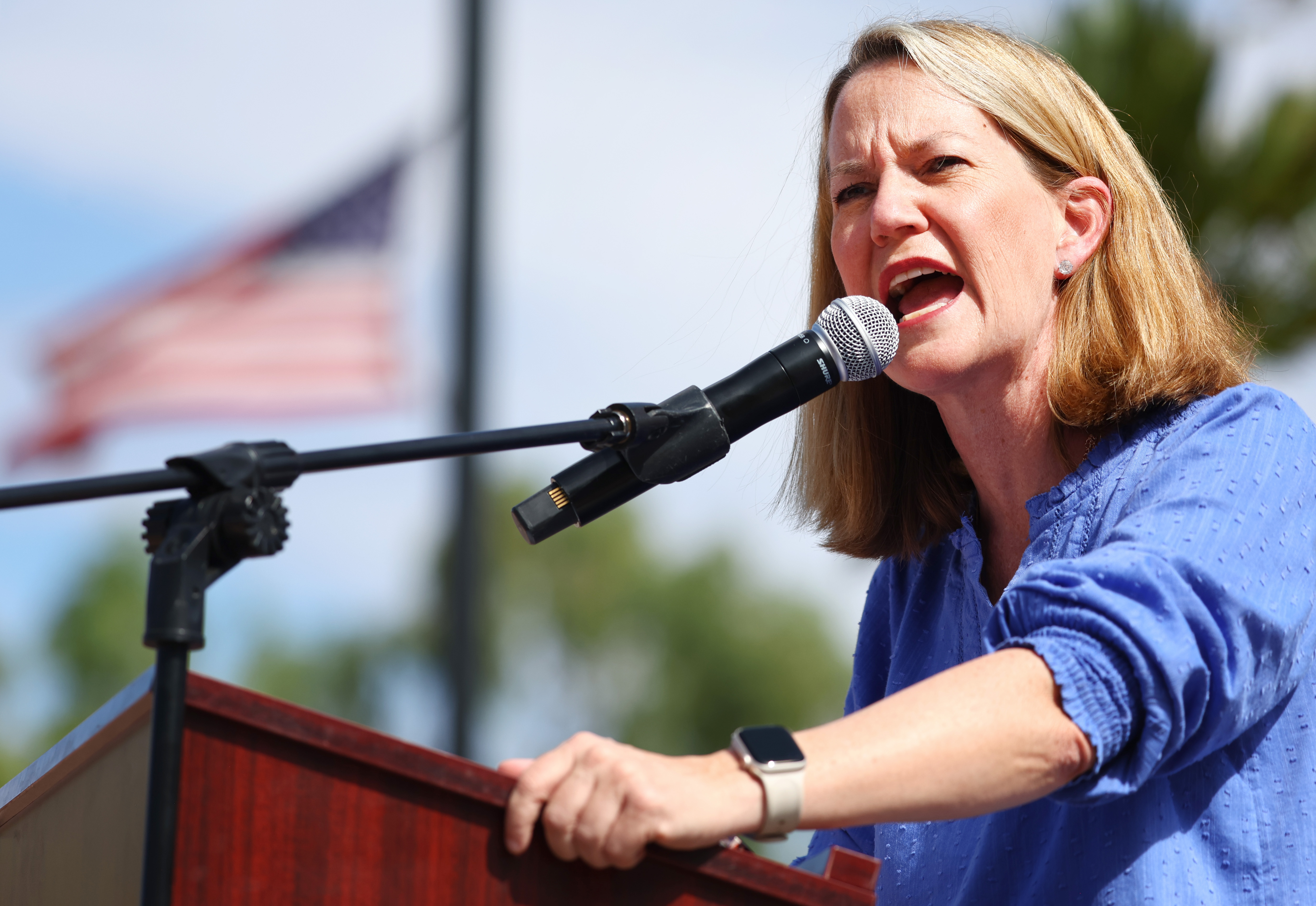The Electoral College is one of those constitutional anachronisms that earnest reformers and wonkish political junkies revisit from time to time.
After the 2000 election, when the candidate who lost the popular vote by a margin of more than 500,000, many called for its abolition. But not long after came 9/11, and America suddenly had other things on its mind.
The Electoral College system made sense in the nation’s early history, when this truly was the “united states of America” – a confederation of largely autonomous states with a loose national structure. The federal government was more like the United Nations than the undisputed center of affairs that it is today.
But for good or for ill, the Civil War, Progressive Era, FDR, and LBJ changed all that. The government in Washington is a true national government, state governments are subordinate, and states are little more than provinces. So it makes sense that many now feel the president should be selected by a plurality of the popular vote, not by a majority vote of the state-chosen electors.
Still, efforts to change the Constitution to abolish the Electoral College keep failing. That’s because small states, which have the same two votes in the Senate and the same single vote for ratification of amendments as large ones, benefit from the electoral vote system. Each state gets electors equal to its total number of representatives and senators.
Wyoming, with one representative, gets three; California, with 55 representatives, gets 57. So in 2008, each of Wyoming’s electors was chosen by about 84,000 voters -- one-third of all who voted -- while in California, each elector was chosen by about 238,000 voters.
This is dumb. The Electoral College should be abolished. But that would be very hard to do.
Politics
Political news from the U.S. Capitol, White House and around Washington, D.C., Maryland and Virginia
Some activists have devised a clever way of getting around the constitutional amendment process. States are not required to allocate their electors to the winner of the statewide vote, though all do so, with some minor variations. The National Popular Vote initiative wants states to pass laws promising to begin allocating electors to the winner of the national, not popular, vote. They would not be bound to do so until enough states signed on so that the end-run would determine the winner.
Maryland was the first state to sign on, and Hawaii, Illinois, Massachusetts, New Jersey, and Washington State have also done so. Virginia, a battleground state in 2008, has been reluctant to do so, fearing a loss of attention from candidates.
On Tuesday, the D.C. Council passed legislation sponsored by Ward 3 Councilmember Mary Cheh to sign on to the initiative. The instinct is a good one, but the initiative is a bad idea.
If the National Popular Vote had been in effect in 2004, D.C.’s three electoral votes would have gone to George W. Bush and Richard Cheney -- who received just 9.3 percent of the District’s vote, to the 89.2 percent received by the Democratic ticket. In fact, in the 12 elections since D.C. was allocated electoral votes, District voters chose the loser of the national popular vote seven times.
While the idea of choosing the national president on a state-by-state basis may be outdated, states and the District should not give up that role until a constitutional solution -- agreed upon by the standards set at the nation’s founding -- has been achieved. Abolish the Electoral College, yes -- but don’t try to sneak around it.



